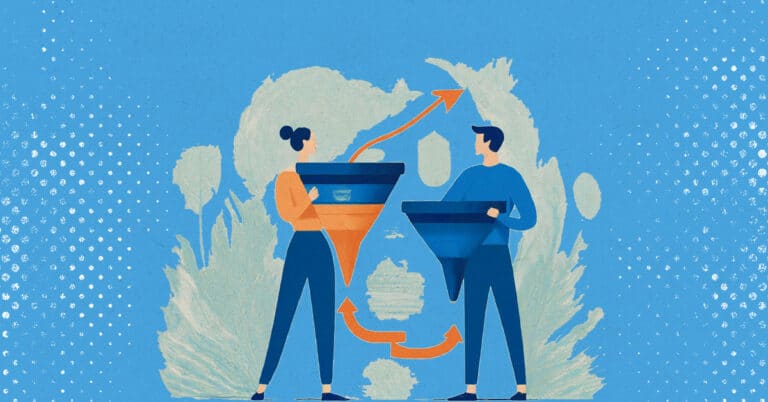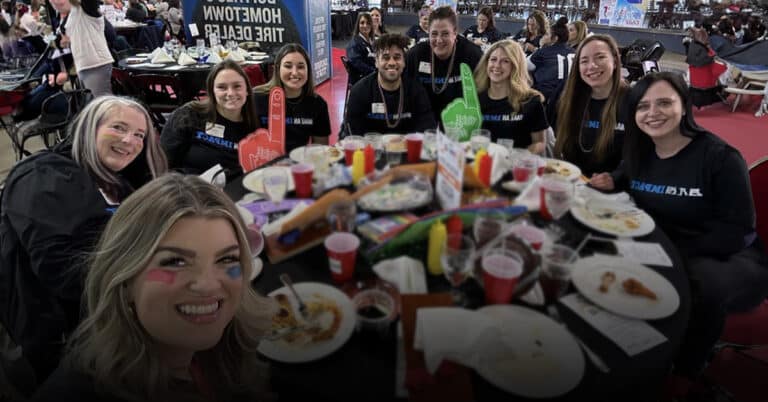WARNING: The information contained in this post may be offensive to some tech-loving readers.
Valentine’s Day is still nine months off. But when’s the last time you sent a handwritten “love note” to a customer? It’s a little thing, really. The envelope is small. The sentiment is typically brief, too.
But the gesture means a LOT to your customers.
As we mentioned in an earlier post, customers quickly forget what you did for them – but they remember how you made them feel. That’s what makes a customer love letter so powerful. Sending one says:
- I value you and am willing to put effort into communicating with you.
- I care about you and respect you as a customer.
- I appreciate your business.
Staffing relationships are about people. So the little things mean a lot! Put the human element back into your business relationships and send your staffing customers a little love in the mail:
- Make a list. Don’t rely on memory. Use sales reports to create a recipient list, including: top clients; clients you’d like to do more business with; clients who have experienced service issues; or anybody else with whom you’d like to strengthen your business relationship.
- Pay attention to the details. Use nice stationery. And a nice pen, too. And while you’re at it, go to the post office and buy some good-looking stamps (never use a postage meter!).
- Hand write and address every one. No shortcuts here. If you’re prone to hand cramps, write out a few each day.
- Make it a habit. Once you’ve started sending notes, maintain a running list of clients to write to. Keep supplies on hand and set aside a few minutes each week to send out a few notes. Over time, this simple relationship-building effort will yield amazing results.
The Little Things Mean A Lot.
So if you’re investing the time and effort in this task, do it right! Your customers will notice – believe me. When your note arrives on a client’s desk, it’ll gleam like a little gem in his otherwise dull heap of bills and bulk mail. Your message and connection will have a much greater and longer-lasting impact than an email, text or post ever could.














